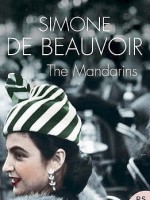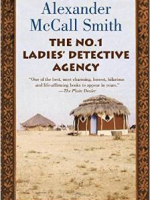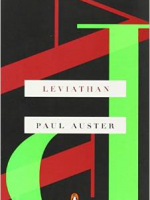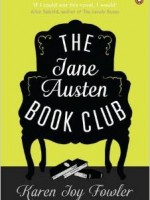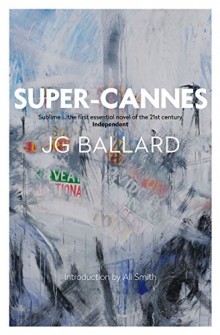 Super-Cannes
Super-Cannes
General Fiction
HarperCollins Australia
2001
391

It’s 2001 and in the wealthy suburbs of southern France post-millennium tension is sweeping the land. Vast business parks are home to largest corporate organisations and executives adhere strictly to the ethic of ‘work hard, play hard’. Immense buildings and phallic skyscrapers dot the landscape while the population resembles powerful workaholics in an ant colony. Welcome to Eden-Olympia, a fantasy commune of power, wealth and work where there’s nothing money or influence can’t acquire.
Paul Sinclair is a struck-off pilot recovering from a plane crash when he arrives at Eden-Olympia with his young medic wife Jane. Paul convalesces while Jane works as a paediatrician having replaced David Greenwood, a doctor who went on a psychotic rampage gunning down several of the administrations highest flyers. Paul fills his free time trying to piece together the reality behind the gruesome rampage. He soon realises that this seeming paradise is a myre of corruption and orchestrated violence and that the cogs that turn such an impressive machine appear to be greased by racism, deviance and sadism.
While he is tormented by a need to pursue the truth, he is blighted by procrastination of epic proportions. Despite the ugly side to the corporate camp, his need to discover the motivation behind such perverse brutality outweighs the desire to rescue his doctor wife from her heroin addiction. Refusal to conform also places him in danger and the grip of dystopian nightmare begins to tighten around him. The wealth and power of the nouveau riche is viewed ruthlessly in the novel as an evil marriage of power and affluence with psychopathy and mercilessness. Ballard propels this noir-ish surrealism onwards through Paul but disappointingly takes his foot off the pedal at the last minute.
Ultimately this is a ghost-train ride through the darker side of the human psyche opening doors that most people leave closed forever. It’s a tough book to read at times more as a result of the questions asked and images invoked than any verbosity. Ballard seems to have abandoned the lofty prose he’s often fond of for a fluid, evocative tone. ‘Super Cannes’ is a chilling, enjoyable book that points an accusatory finger at corporate culture and nearly pricks its conscience. ![]()
